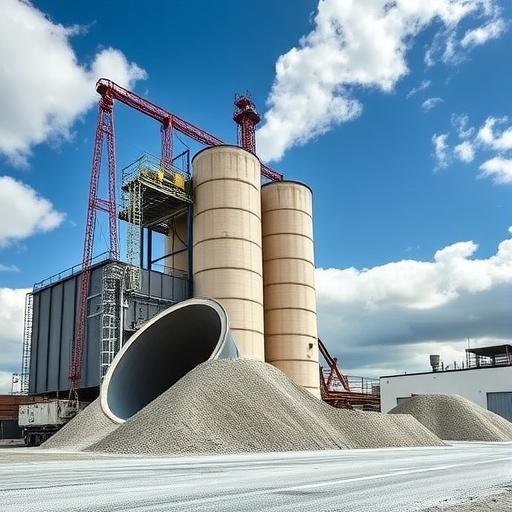Researchers at the University of Michigan have reached a significant milestone in environmental chemistry by developing an innovative method that converts carbon dioxide (CO2) – a notorious greenhouse gas and byproduct of industrial activities – into metal oxalates. These metal oxalates can then serve as precursors for cement production, thereby addressing two pressing global challenges: carbon emissions and increasing demand for sustainable construction materials. This breakthrough unveils the potential of reengineering carbon dioxide into valuable resources rather than merely accepting it as waste.
Cement manufacturing is notorious for its high carbon footprint due to the energy-intensive processes involved, primarily the production of Portland cement. By finding alternatives to conventional cement production, researchers are not just addressing environmental concerns but also paving the way for advancements in construction materials.


